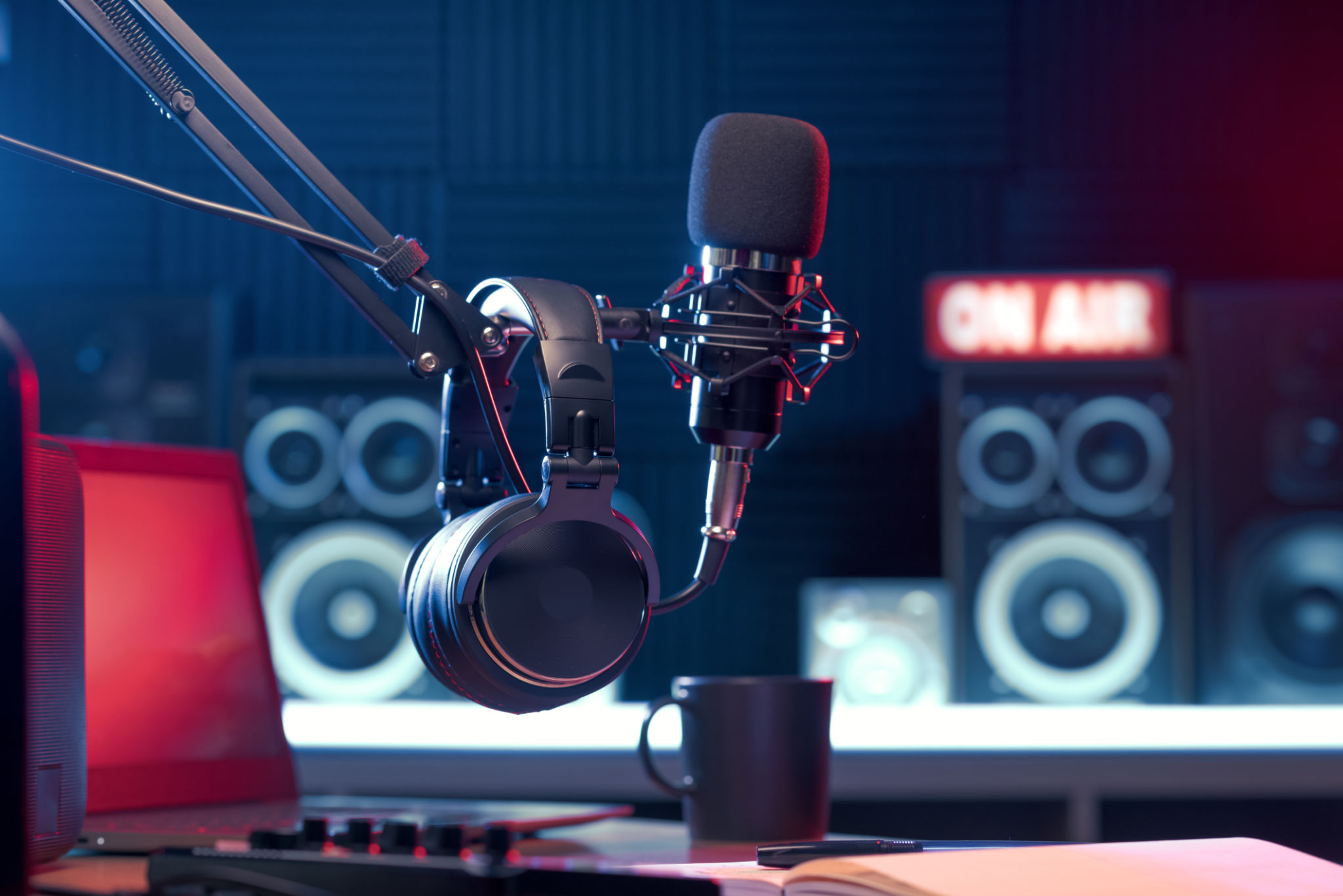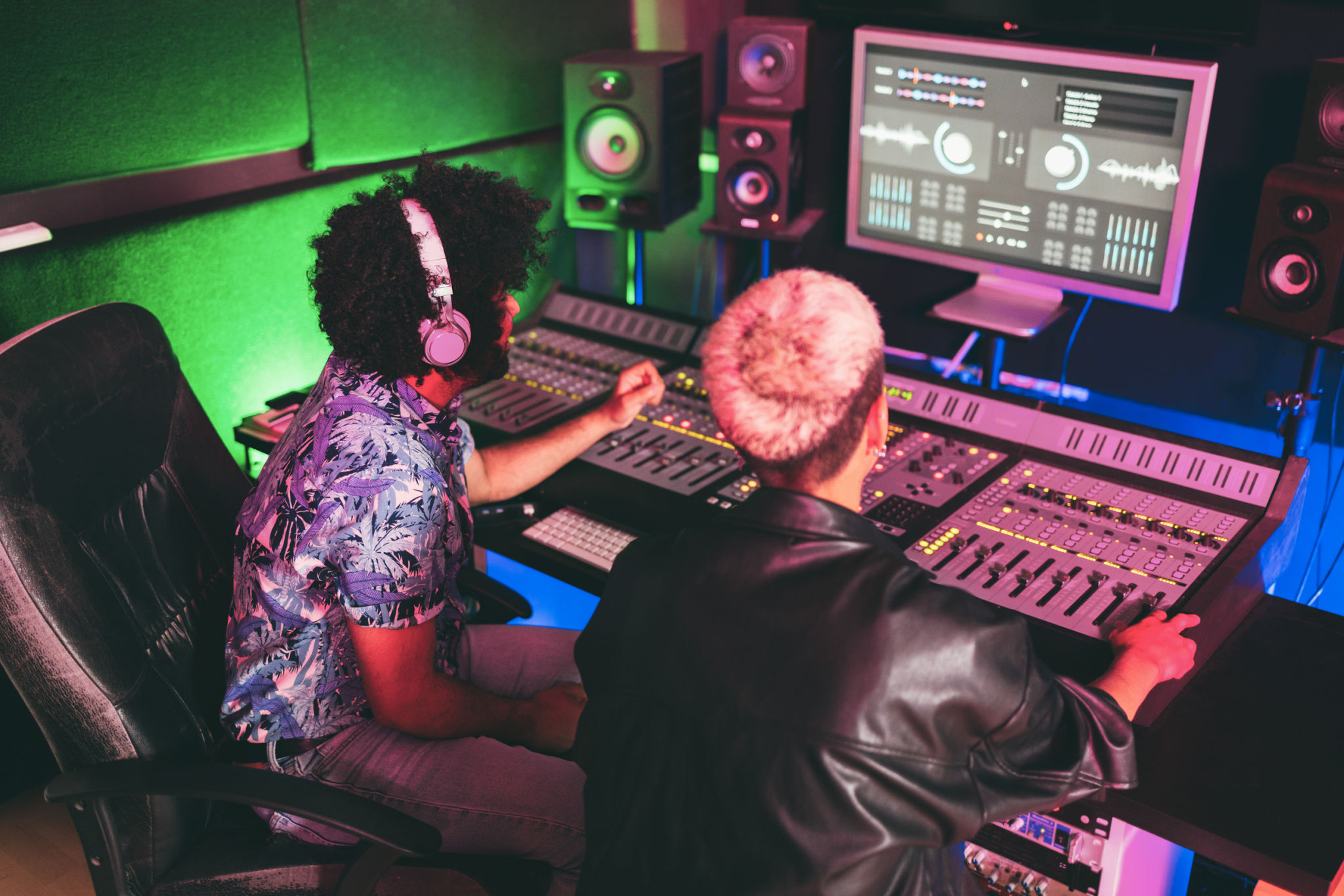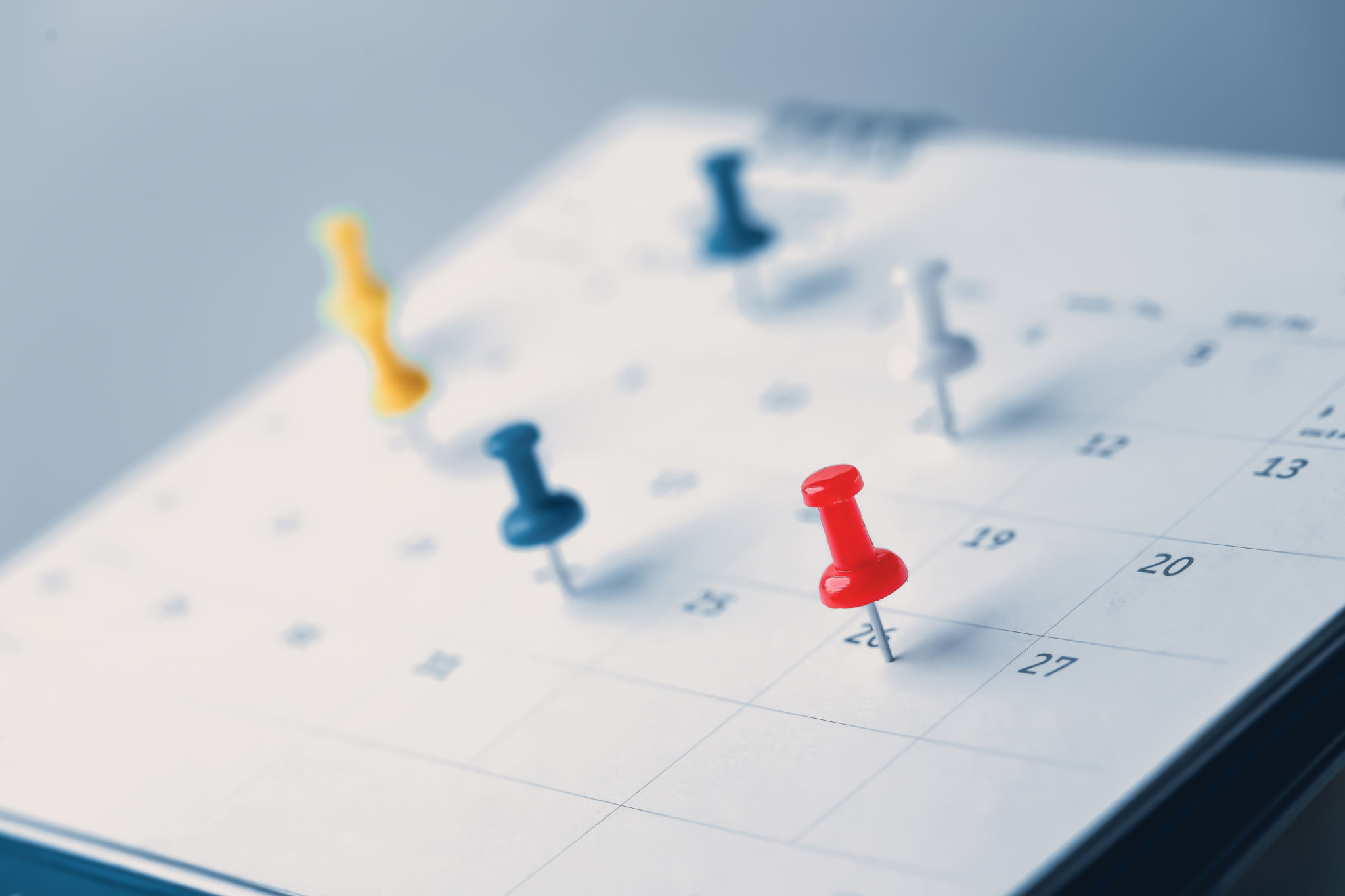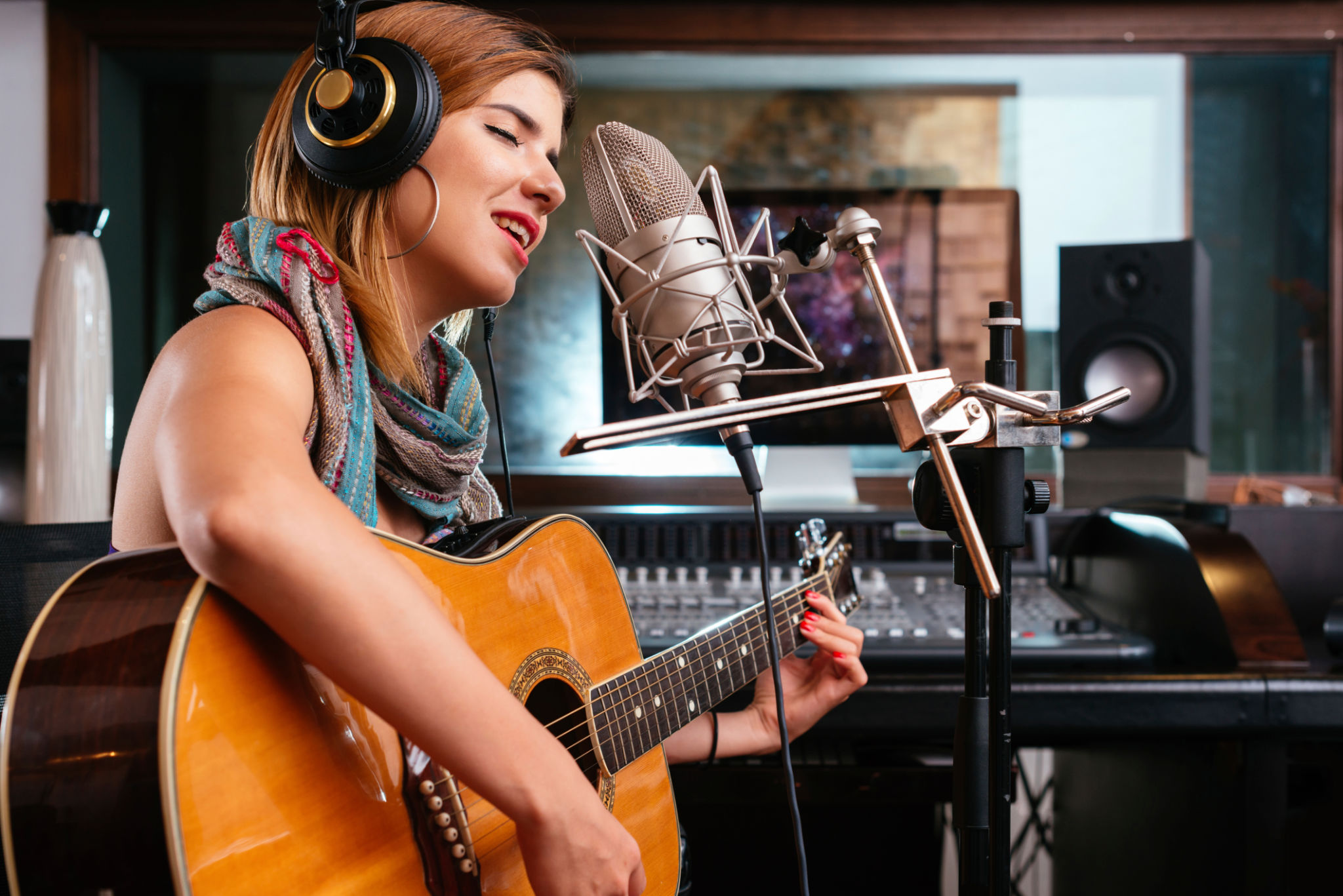How to Book the Perfect Recording Studio Session
Understanding Your Needs
Before booking a recording studio, it’s essential to understand what you need from the session. Are you a solo artist, a band, or a voice-over artist? The type of project will influence the kind of studio you should choose. Consider the genre of music or project type, as some studios specialize in certain styles, offering specific equipment and acoustics that cater to those needs.
Additionally, identifying the number of tracks you plan to record and any specific instruments or equipment you’ll need can help narrow down your options. This preparation ensures that you choose a studio that can accommodate your project’s unique requirements.

Research and Compare Studios
Once you know what you need, start researching studios in your area or within a reasonable travel distance. Look for studios with good reputations and read reviews from previous clients. You can find this information on music forums, social media, and the studio’s website. Comparing different studios based on their services, equipment, and client feedback will give you a better idea of which is the best fit for your project.
Don’t forget to consider the studio’s location and accessibility. You’ll want a place that’s easy to reach, especially if you’ll be transporting instruments or equipment.

Evaluate the Studio’s Equipment and Facilities
A crucial factor in choosing the perfect recording studio is the quality of equipment and facilities. Professional-grade microphones, mixing consoles, and soundproofing are essential for producing high-quality recordings. Ask for a list of available equipment and check if they have the gear you need for your session.
Also, consider the studio’s overall environment. A comfortable and inspiring atmosphere can significantly impact your performance and creativity during the session.
Check Availability and Book in Advance
Once you’ve narrowed down your options, check the availability of your preferred studios. Popular studios often get booked quickly, so it’s wise to schedule your session well in advance. When booking, be clear about your time requirements and any flexibility in case of scheduling conflicts.

Prepare for Your Session
Preparation is key to a successful recording session. Before heading to the studio, ensure that all instruments are in top condition, vocalists are warmed up, and everyone involved knows their parts well. This preparation will help make the most of your studio time and reduce unnecessary delays.
It’s also beneficial to have a clear plan or schedule for the session. Knowing what tracks to record first and how much time to allocate for each can help keep the session organized and efficient.
Communicate with the Studio Engineer
The studio engineer plays a vital role in capturing your sound during the recording session. Establish good communication with them before the session begins. Discuss your project goals, any specific sound preferences, and any technical details they need to know. This collaboration will help ensure that your vision is realized in the final product.

Review and Provide Feedback
After your session, take the time to review the recordings thoroughly. Provide feedback to the studio engineer about any changes or adjustments needed. Constructive communication can make a significant difference in achieving the desired outcome for your project.
This step is crucial as it allows for any necessary revisions before finalizing the recordings, ensuring that you are satisfied with the finished product.
Final Thoughts
Booking the perfect recording studio session requires careful planning and consideration. By understanding your needs, researching options, evaluating facilities, and preparing thoroughly, you can ensure a productive and successful recording experience. Remember that clear communication with all involved parties is essential to bring your creative vision to life.
